This is the fourth year since UNESCO announced the International Day against Violence and Bullying at school, and it’s a good time to check whether we have been able to make schools in India any better for children.
‘Any better?’ – Those are strong words, aren’t they?
It seems as though we are still a culture that looks at bullying as a toughening-up process, where bullies masquerade on variations in power or class, and where bullying may be pervasive in schools though many of us may not see or admit it.
Bullying is a global concern and this is especially true of cyberbullying that respects no boundaries. In India, there are very few voices and very little representative research on bullying, which leads to larger concerns around whether we clearly understand what bullying is, and whether enough initiatives are being taken to build a culture of care.
The India Scenario
Is India falling behind in addressing bullying compared to the rest of the world? The statistics and ground reality unfortunately support this idea. 85% of Indian children say they have been cyberbullied according to a recent study by McAfee. India is number one on their cyberbullying chart and it does not do much better in other surveys.
According to another UNICEF study at least 36% Indian students are subject to harassment and bullying in school campuses. That’s slightly higher than what UNICEF says is the global average where at least 1 in 3 students aged 13-15 have experienced bullying.
These alarming statistics should be a wake-up call for us all. According to a recent research study one of the major concerns to mental health faced by Indian children is school bullying [1]. Children are subjected to name-calling, shaming, exclusion, online trolling, and even physical harm. There’s an immeasurable emotional and psychological toll on children, with the potential to lead to anxiety, depression, and in some tragic cases, even suicide.
The Government of India recognizes that bullying is an issue of public concern and the Ministry of Home Affairs has launched the Cyber Crime Prevention Against Women and Children (CCPWC) initiative, which provides a helpline and a portal where children can anonymously report cyberbullying.
The Ministry of Electronics and Information Technology launched a portal called Cyber Surakshit Bharat in 2018, the National Commission for Protection of Child Rights (NCPCR) also laid out guidelines for schools on how to manage cases of bullying.
Additionally, individuals, social organizations and NGOs have initiated campaigns to educate society about bullying and how to cope with it.
Although some progress has been made, there is much that we need to do to safeguard Indian children from cyberbullying. That is why we are launching No Bully India. This comprehensive program brought to India by Power of Zero, trains schools in a system for preventing bullying and responding effectively when bullying occurs.
With the aim of fostering a culture based on inclusion, empathy, compassion and resilience, the No Bully program equips educators with the tools needed to create safe learning spaces for their students – and all this in a non-punitive way.
The digital age has brought about new dimensions to bullying and the prevalence of cyberbullying is escalating now more than ever. Schools need to stay ahead of the curve in addressing evolving challenges like these. No Bully India not only provides preventive strategies but also empowers educators to effectively intervene when instances of bullying occur. By implementing this program, Indian schools can take a proactive stance against cyberbullying, fostering a culture of kindness and respect that will undoubtedly contribute to the holistic development of the nation’s youth.
As the theme for UNESCO’s International Day against Violence and Bullying in 2023 was ‘No place for fear: Ending school violence for better mental health and learning’, we owe it to our children to create a world where they can grow, learn, and thrive free from the shadows of bullying. We’re getting better day by day, and yet there’s so much we need to do.
The author, Hailley Turakhia Shah, is the No Bully India Lead Trainer and has a lifelong commitment to non-violence. She can be reached at [email protected]
[1] Jayakumar, C., Ranjith, Pj., Kishore, Mt., Binukumar, B., & Bhaskar, A. (2019). Association between bullying, peer victimization and mental health problems among adolescents in Bengaluru, India. Indian Journal of Social Psychiatry, 35(3), 207.

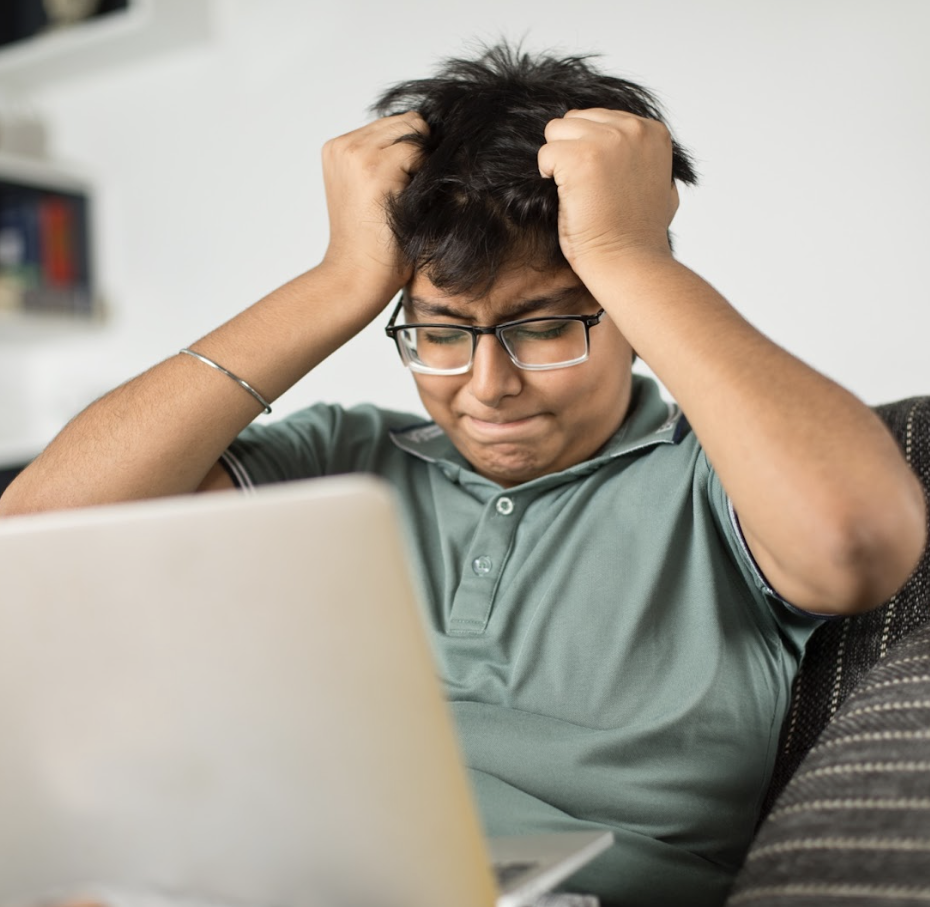
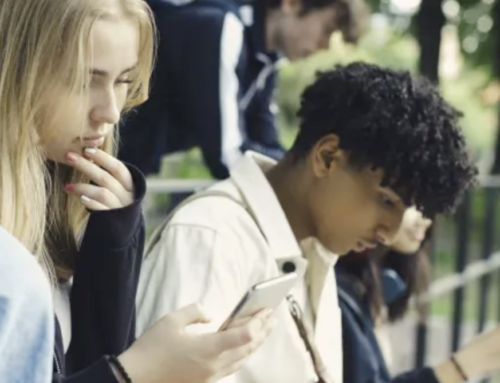
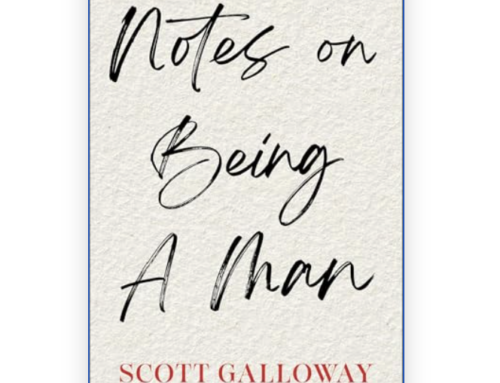
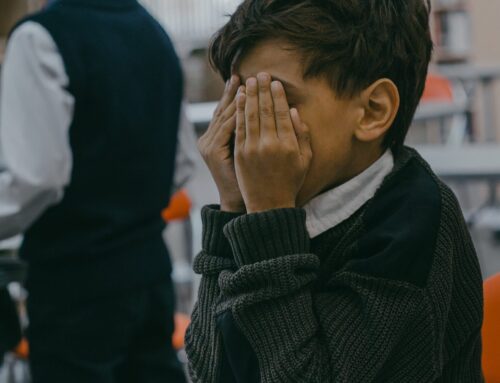

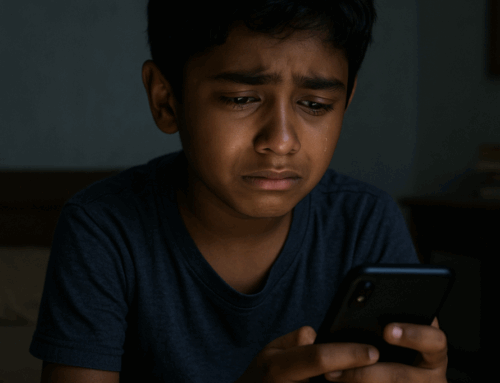
Leave A Comment